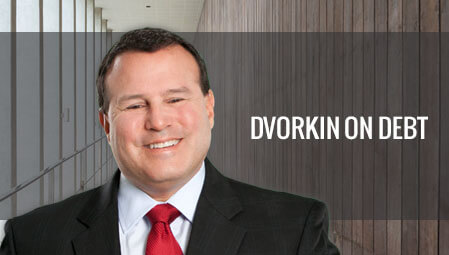Last week saw lots of good news about the economy – and bad news about people
Maybe it’s because I’m a CPA and I always count my pennies.
Or maybe it’s because I’ve spent my entire adult life counseling people on how to get out of debt.
Maybe it’s because I’ve seen too many “economic recoveries” that relapsed.
Whatever it is, I’m skeptical when I hear too much financial good news. Last week was no different…
- “Business owners’ economic optimism has reached its highest point in three years,” reports The Principal Financial Group. “Seventy-five percent of business owners see themselves as financially healthy, up from 71 percent in 2013.”
- While business owners are feeling good, their executives are feeling better: “87.8 percent expect the U.S. economy to grow in 2015,” says a Deloitte poll.
- “46 percent of gas consumers feel optimistic about the economy this month,” crows a survey by NACS, a trade organization for gas station and convenience stores. That’s “significantly higher” than last year’s 35 percent.
- Homeowner who say “the economy is on the right track jumped by five percentage points from last month to 40 percent,” says a Fannie Mae poll. “The share of respondents who say their household income is significantly higher than it was 12 months ago increased by two percentage points to 25 percent.
That’s a rosy outlook from Americans across the economic spectrum. But all of these optimistic polls are offset by one short news story.
Let the good times stop
“Consumer Debt Hits an All-Time High,” Bloomberg Businessweek reported on Sept. 30. That historic and scary number is $3.2 trillion.
“Americans have added about $100 billion of student debt a year to their balance sheets since 2008,” Bloomberg wrote. “Spending on cars has increased 35 percent since the recession, almost all on new cars.”
The problem is both systemic and psychological. First, an economic recovery is rarely, in its early stages, a “rising tide that lifts all boats.” Some boats rise while others stay right where they are. Some may even sink a little. Most often, the biggest boats rise first, because those with the most invested in the economy will benefit first from its recovery.
Second, economic recoveries occur slower than we want them to. We all crave good news, so once those cheery reports start rolling in, we want the good times to roll. Too many of us start spending with the expectation of more money we’ll make soon.
My advice
Ignore all those economic outlook polls that cite the opinions of others instead of the cold, hard facts. Personally, I don’t care if nearly 90 percent of business owners expect the economy to grow next year. They don’t know for sure any better than I do, economists do, or a dartboard does.
Besides, what the average American should do to comfortably save and wisely spend money is advice that never goes out of style. Read Debt.com’s free advice on getting and staying out of debt, and it doesn’t matter what everyone else thinks.
Howard Dvorkin is a CPA and chairman of Debt.com, an educational resource for those who want to conquer all forms of debt in their lives.








